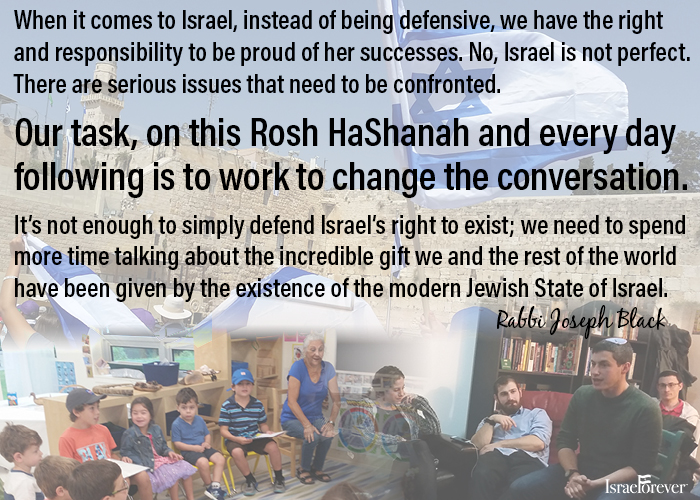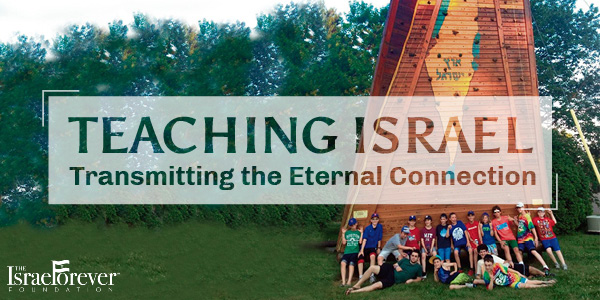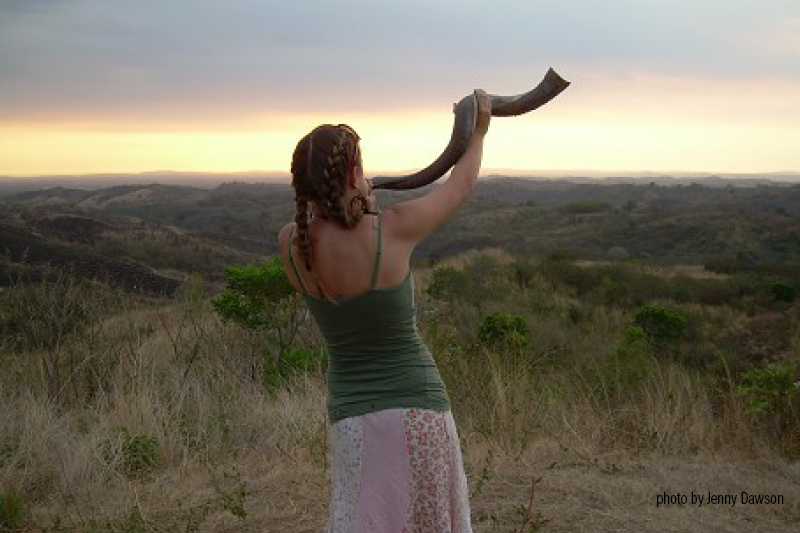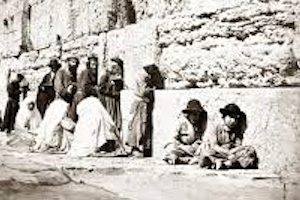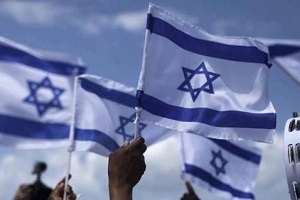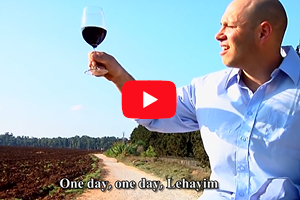A Dose of Nuance: What we talk about when we talk about Israel
By Dr. Daniel Gordis
In the weeks before Rosh Hashana, a few of my rabbi friends in America reached out to chat. How, they were wondering, could they, or should they, speak about Israel this year? In retrospect, I think that whatever semi-ideas I offered were lousy. Not because they were necessarily wrong, but because I started from the same assumption with which my friends began. After summer wars, ongoing terror and increasing division,it seemed that conversations about Israel just had to be about finding something decent, optimistic and spiritually meaningful to say about the conflict, or despite it.
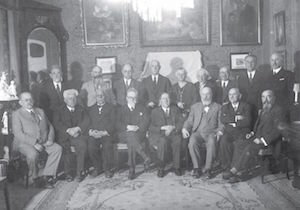
Participants in the First Zionist Congress meet in Jerusalem in 1938.. (photo credit:Wikimedia Commons)
But framing the conversation that way means focusing it on that dimension of the Jewish state that most exasperates and depresses us all. It felt all wrong.
So, too late to help my friends, I asked myself a different question. Not, “What meaning can be squeezed from the conflict?” but rather, “Why did we decide to come and live here?” Given everything that’s so wrong with this place, why do we love it so? The answer, I realized, is that living here is to live inside a conversation, one that is no less critical for Diaspora Jews than it is for us Israelis.
What do I mean by “conversation”? I mean questions like: What should Jews do when they find themselves in a Diaspora? Should they struggle to get “home,” or should they make a new home wherever they find themselves? For Jews, that’s an ancient debate.
The biblical character Hananiah, about whom we know relatively little, thought the Israelites whom Nebuchadnezzar had exiled should try to get back to Judea as quickly as they could. “Thus speaks… the God of Israel,” he said, “I have broken the yoke of the king of Babylon.
Within two full years will I bring again to this place all the utensils of the Lord’s house that Nebuchadnezzar king of Babylon took away from this place, and carried to Babylon” (Jer. 28:2-3).
But the Prophet Jeremiah disagreed.
Patience, he insisted. There’s a Plan, and we should let it take us where it will.
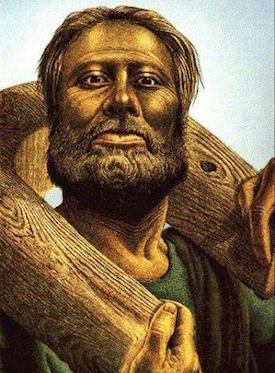
Jeremiah 28
“Thus says… the God of Israel, to all who are carried away captives… from Jerusalem to Babylon; Build houses and dwell in them; and plant gardens, and eat their fruit; … take wives for your sons, and give your daughters to husbands… and seek the peace of the city where I have caused you to be carried away captives… for in its peace shall you have peace” (Jer. 29:4-7).
Which one of them was right? What are the advantages of Jewish life in a sovereign state? Do the pitfalls of sovereignty make Diaspora life preferable? We Jews talked about this issue 2,600 ago; when we talk about Israel today, we ought to be talking about it, too.
And if the Jews were to go someplace, where should they go? Theodor Herzl thought to Palestine. “I believe that a wondrous breed of Jews will spring up from the earth. The Maccabees will rise again,” he wrote. “We shall live at last as free men on our own soil, and in our own homes peacefully die. The world will be liberated by our freedom,” because leading the Jews out of their host countries would solve the “Jewish problem.”
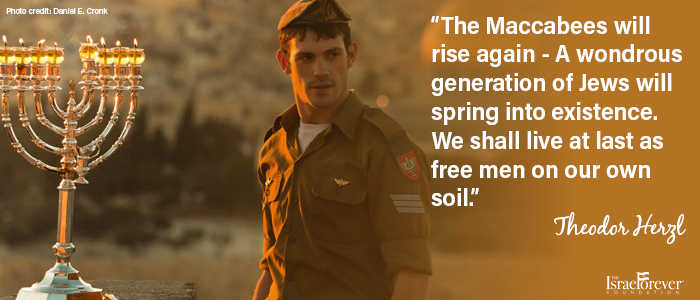
But again, not everyone agreed. Ahad Ha’am was certain that Palestine was not the answer for all Jews. “To Eretz Yisrael or to America?” he asked. His answer? “To America and to the Land of Israel.
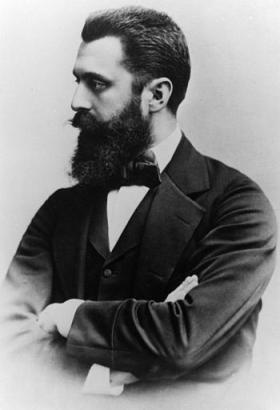
Herzl
The economic side of the Jewish question needs to be answered in America, while the idealistic side… only in the Land of Israel.”
More than a century after Herzl convened the First Zionist Congress, we’re still hashing that one out as well. That’s fine. But how many people sitting in the pews know about the Herzl–Ahad Ha’am divide? Why not talk about it? It’s inspiring, and grounding, to know that our current misgiving are ancient ones.
And consider this: Did Zionism fail? If solving the Jewish problem in Europe is the measure of Zionism’s success, then the eruption of vicious anti-Semitism in Europe this summer would suggest that Zionism is a failure. Or was that not the goal? Was Zionism’s purpose actually something else, perhaps a platform from which the Jews could model for the world the kind of flourishing that can emerge when we combine history, culture, homeland and sovereignty? Why is it that the Kurds, Tibetans (and Palestinians, ironically) have taken inspiration from what they have seen emerge in Israel? And what should being a Jew in the 21st century look like?
This question, too, surfaces most intensively in the complicated place called Israel. Hayim Nahman Bialik, Zionism’s poet laureate, left the yeshiva of Volozhin behind him and joined the emerging secularist community in the Yishuv. But here’s the rub: Had Bialik had descendants, would they recognize the biblical and rabbinic allusions in his poems? Why is it that – again, let’s be honest – non-observant communities in Israel and the Diaspora have not been able to produce deeply learned younger generations? In Israel, Hillel Halkin notes, we more often than not just produce “Hebrew- speaking goyim [gentiles].” To talk about Israel is to also talk about Jewish education, and what’s working – or not.
And why.
When we talk about Israel, we could be talking about the questions that lie at the very core of our Jewish lives, whether we live in Israel or the Diaspora, whether we are observant or not, or some variation on the theme. Zionism, at its richest, is a conversation about what Jewishness in the 21st century ought to look like. Is any set of Jewish questions more important? And is there any anchor for that conversation more compelling than the state that has emerged – with all its many warts – from that conversation? In his brilliant collection of short stories, What We Talk about When We Talk about Anne Frank, Nathan Englander writes, “Shimmy did his best to make clear to his son that Israelis – in their nation of unfinished borders and unwritten constitution – were trapped in a gray space that was called real life.”
That – and not the interminable and depressing conflict – is what Zionism has always been about. Real life, real questions, real struggles with some of the imponderables that lie at the heart of Jewish life. When Jewish life meets sovereignty, Jewish life rejoins history.
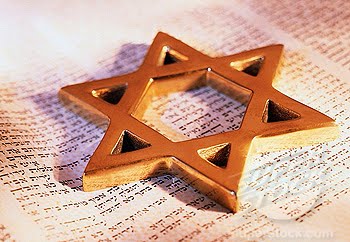
And when Jewish life rejoins history, some of life’s most critical questions rise off the page of the Talmud and insert themselves into our lives with an urgency that we haven’t replicated anywhere else.
That’s much closer to what I should have said to my friends, I think. We have to resist the temptation to let the conflict obscure everything else about Israel.
In this season of looking back so we can do better in the year to come, isn’t it time to re-imagine what it is that we talk about when we talk about Israel?
Republished with permission from Author
Recommended for you:
Your Israel Connection For Rosh HaShanah
LEARN HERE what Rosh HaShanah means in Israel to Israelis!
About the Author


